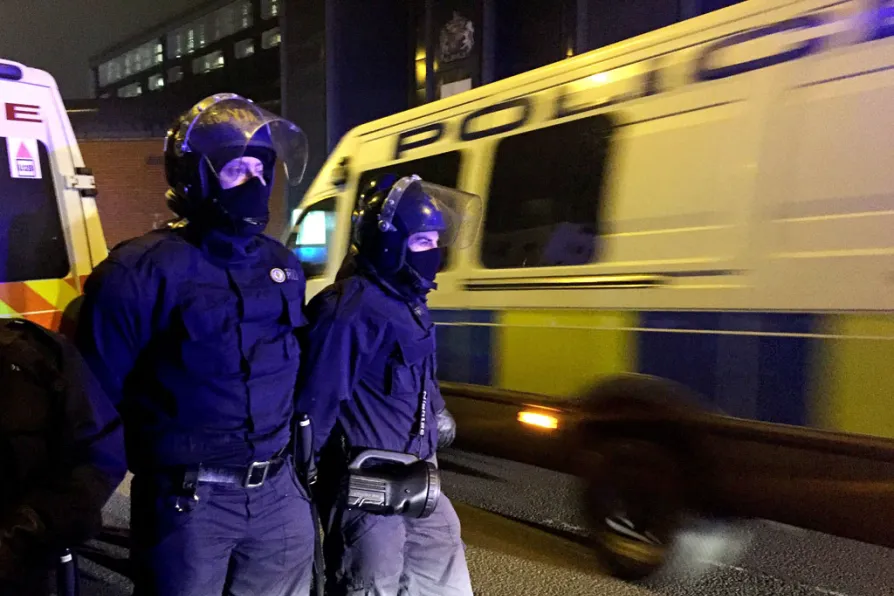As Colombia approaches presidential elections next year, the US decision to decertify the country in the war on drugs plays into the hands of its allies on the political right, writes NICK MacWILLIAM


ACCORDING to a recent front page of Rupert Murdoch’s Times (not a source one should take too seriously) a “senior Cabinet minister” has claimed that there will be civil unrest and riots similar to the gilets jaunes movement in France (whose protests continue largely unreported in Britain) if Brexit doesn’t happen on October 31.
The anonymous source was backed up on a BBC politics programme by right-wing blogger Brendan O’Neill, who not only predicted riots but argued that they should take place.
Predicting riots is not such a simple matter, however.

In 1981, towering figure for the British left Tony Benn came a whisker away from victory, laying the way for a wave of left-wing Labour Party members, MPs and activism — all traces of which are now almost entirely purged by Starmer, writes KEITH FLETT

Who you ask and how you ask matter, as does why you are asking — the history of opinion polls shows they are as much about creating opinions as they are about recording them, writes socialist historian KEITH FLETT

KEITH FLETT revisits debates about the name and structure of proposed working-class parties in the past

The summer saw the co-founders of modern communism travelling from Ramsgate to Neuenahr to Scotland in search of good weather, good health and good newspapers in the reading rooms, writes KEITH FLETT














